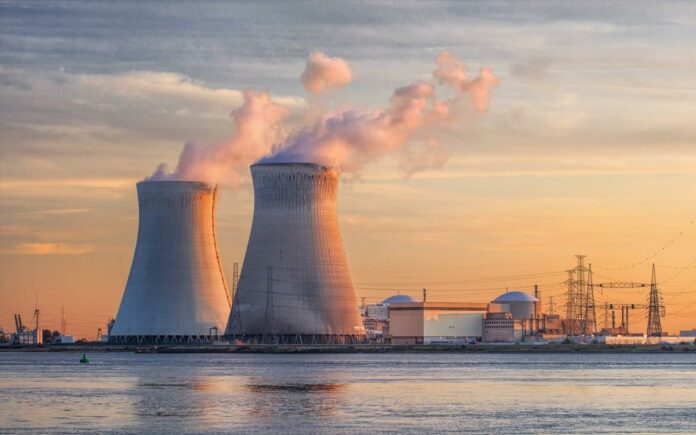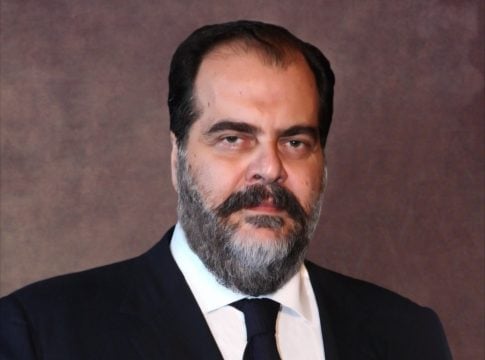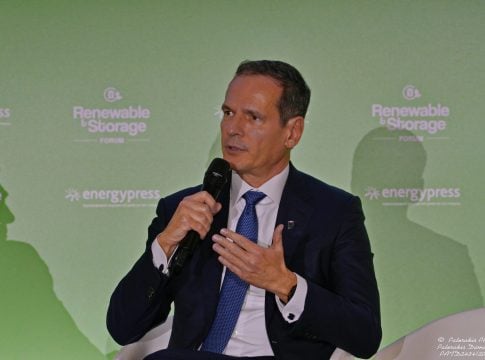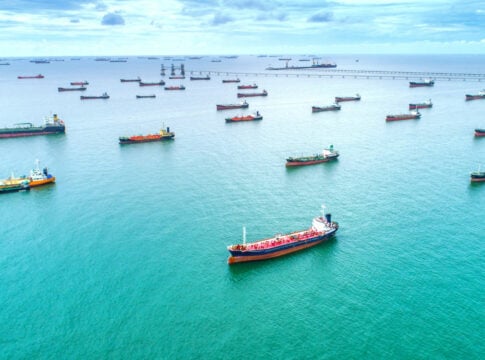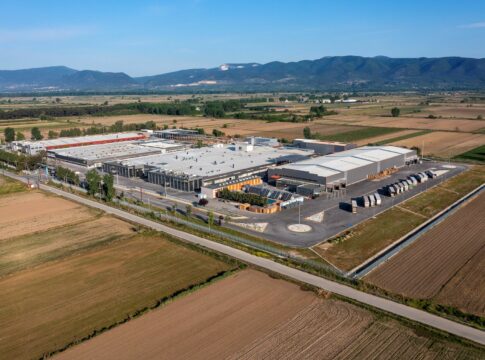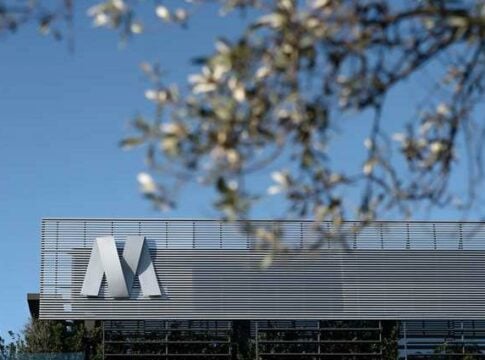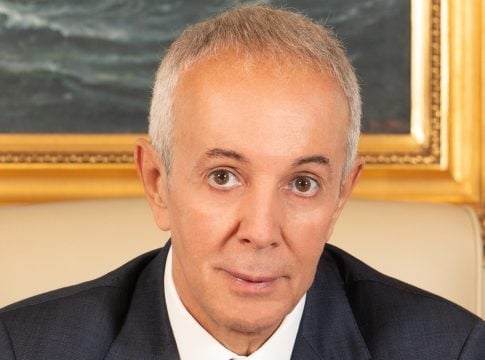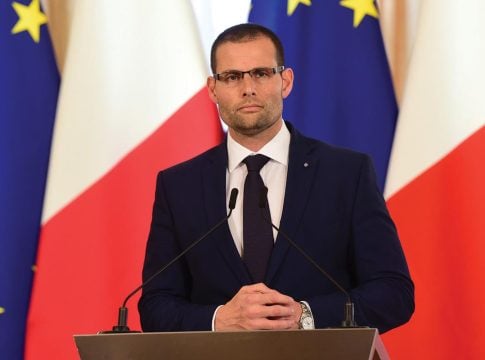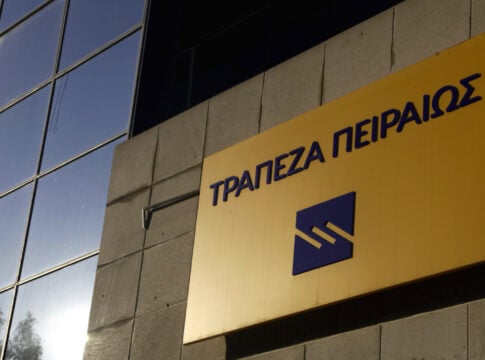Without the support of nuclear power, we have no chance of meeting our climate targets on time, while Renewable Energy Sources will play a major role in electricity, especially solar energy, supported by wind and hydropower, the IEA president said and added: “But we also need nuclear power, especially in those countries where we do not have major RES potential.”
In this light, the Greek government, as reflected in the recent public intervention of Nikolaos Tsafos, special adviser on Energy Issues of the Greek Prime Minister, seems to understand the gravity of the issue.
“Our government is broad-minded, but data-driven. If it turns out to be a technology that has prospects and can bring benefits, then it’s a discussion worth having,” he noted, adding that “when the technology matures and there is ground to meet schedules and budgets, Greece will not keep a wait-and-see stance and will consider the nuclear issue more warmly.”
Prime Minister Kyriakos Mitsotakis made a similar statement from the floor of the 28th annual Economist Government Roundtable conference, noting, among other things, that “Europe was and remains a leading power in nuclear technology. Greece does not have nuclear power. There is no way to get to neutral emissions without nuclear power. So are we, as Europeans, investing in the next generation of small nuclear reactors? Have we really made the right choices for the green transition, at least identifying three or four critical industries?”
On this basis, the “Greek agenda” for nuclear energy includes, in the first stage, the more systematic monitoring and investigation of the issue, evaluating relevant proposals, such as the scenarios of cooperation with a neighboring country that produces nuclear energy, an issue that was raised for the first time in during the recent energy crisis.
The first scenario involves a long-term bilateral contract (PPA), at competitive prices, for the country to buy part of the additional nuclear power generation from a neighboring country’s unit.
The second scenario concerns the acquisition by a Greek energy company of a share in a nuclear power plant unit. Although the prime minister’s adviser did not name Bulgaria, the above scenarios nevertheless concern a possible cooperation around the new units under construction at the Kozloduy nuclear power plant.
Greece is not, nor will it be in the next few years, in the development phase of such a project, however it must proceed from “minus one to zero”, i.e. form the necessary framework that will allow it the necessary readiness for the next step when it arises.
The Greek project of Athlos Energy and the momentum for a “roadmap”
On their part, the two founders of the first start-up company in Greece in the field of the nuclear industry called Athlos Energy, Stathis Vlassopoulos and Dionysis Chionis, speaking to “N”, pointed out the need to capitalize on the positive momentum recorded in general and the country to proceed with seriousness and steady pace in drawing up a “roadmap”, which will allow it to take advantage of the technological developments that will follow.
In particular, as they mentioned in statements to “N”, Greece is not even at an initial stage and “our intention is through discussions with both the state administration and the industry, which we are already conducting and are expected to continue, to the first steps in this direction.
This concerns, among other things, the implementation of technical and economic studies that, in the first phase, will answer a series of key questions, such as where a nuclear reactor could be built, what it will cost, what environmental analyzes are needed, etc.”
Their engagement with the issue, as they explained, does not ignore the Greek reality, on the contrary it “reads” the overall momentum and attempts to capture in measurable indicators the prospects of the sector in Greece, whether this concerns the future development of an infrastructure or the promotion of scenarios with neighboring countries that will “leave” an important experience in the country.


